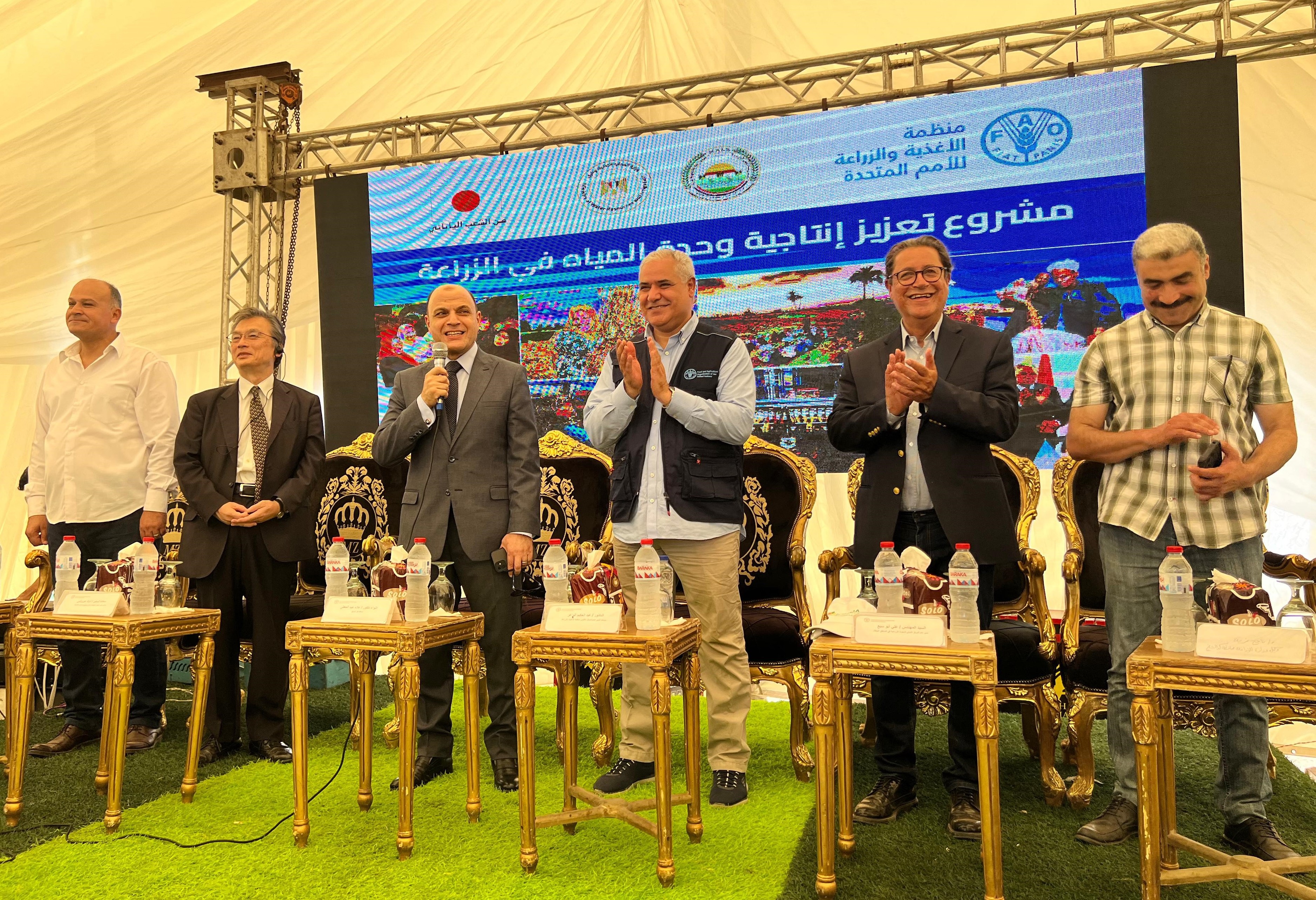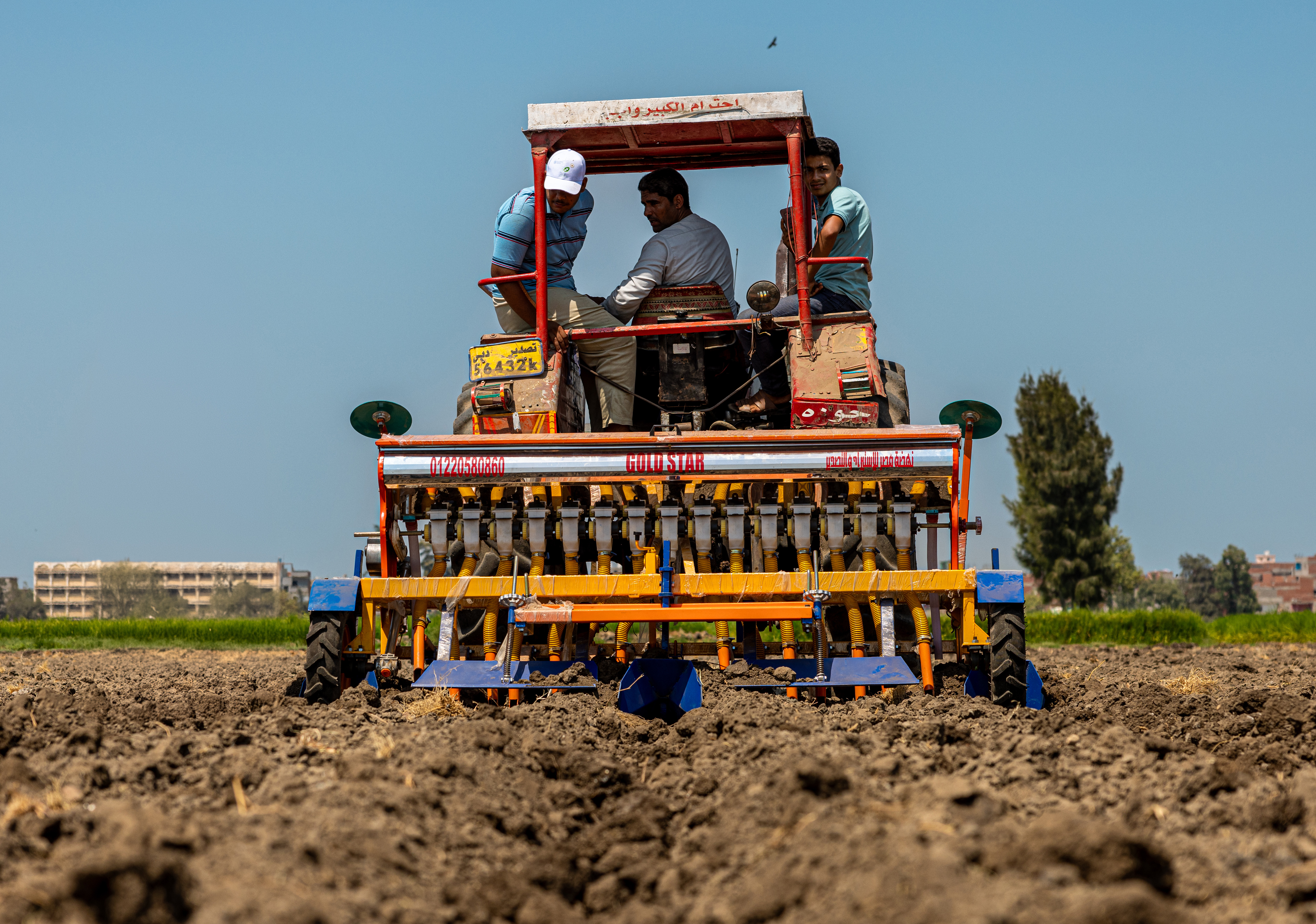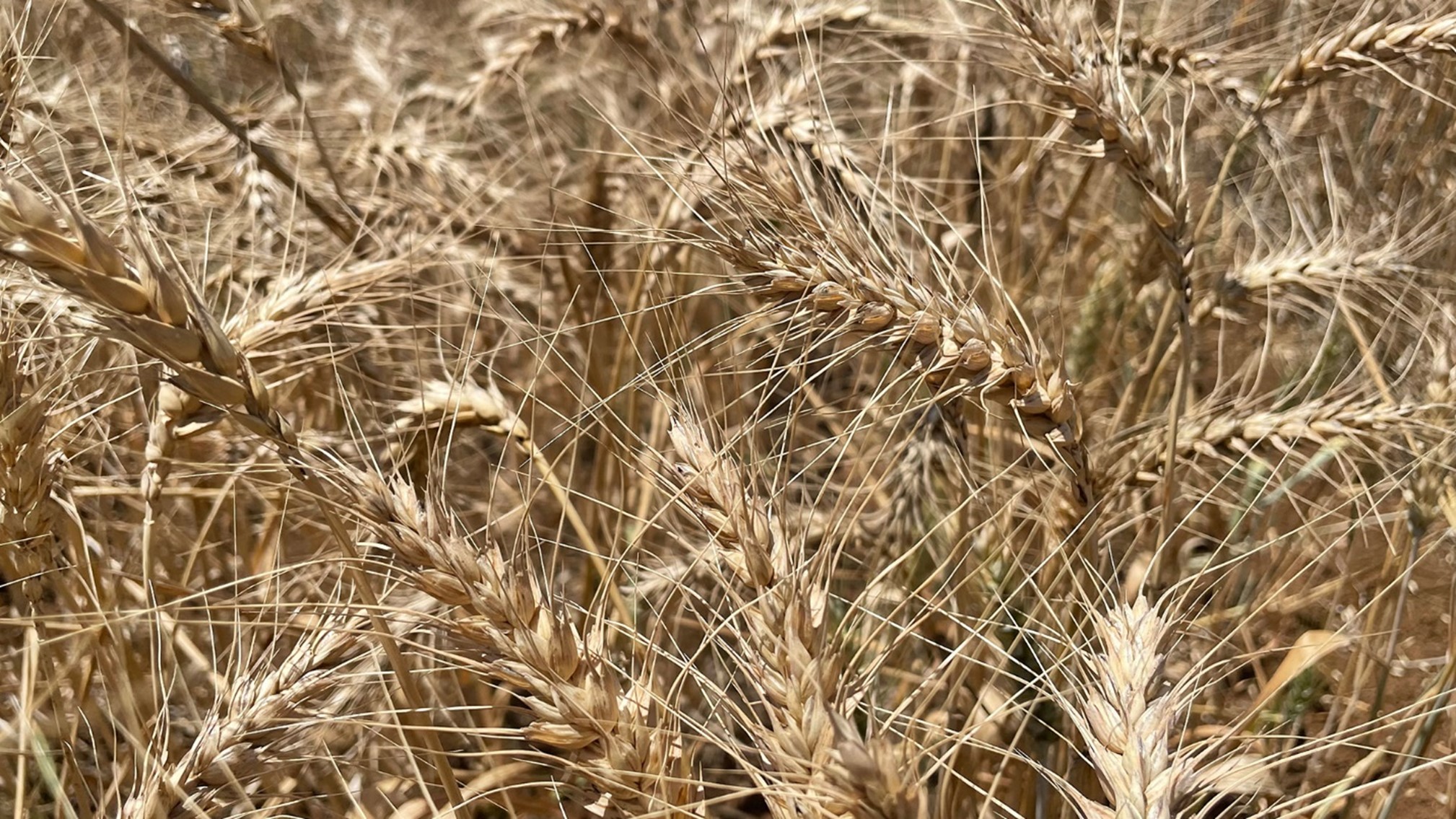Tomorrow’s Agri-Experts - Tottori Students at ICARDA
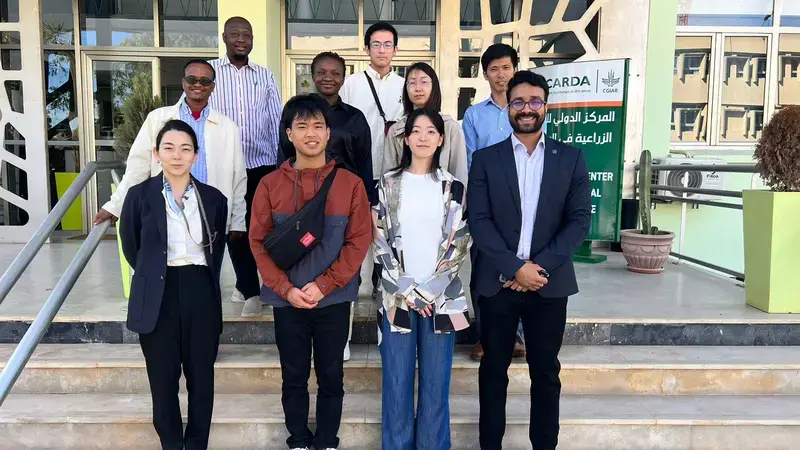
The Morocco exchange workshop was organized under the longstanding partnership between the International Center for Agricultural Research in the Dry Areas (ICARDA) and Tottori University in Japan.
In April, a delegation of master’s students from Tottori University visited the INRA-ICARDA Rainfed Research Platform in Morocco to explore ICARDA’s agri-innovations and research in the location where they are deployed.
The visit deepened students' understanding of dryland agricultural systems with a special focus on Morocco. For students studying dryland agriculture, Morocco is an excellent example due to its diverse agricultural ecosystems. Southern Morocco experiences very little precipitation, while the north of the country receives more rainfall. ICARDA's wide range of agri-interventions in the country provides valuable insights and practical examples for students keen to discover the latest agri-innovations and approaches.
Throughout the workshop participants gained hands-on experience in groundbreaking agricultural practices, engaged with key stakeholders including farmers and researchers, and observed the vital role of ICARDA/INRA’s advanced research facilities for tackling today’s agricultural challenges. The visit also highlighted the importance of integration of climate change mitigation and adaptation strategies within agricultural practices.
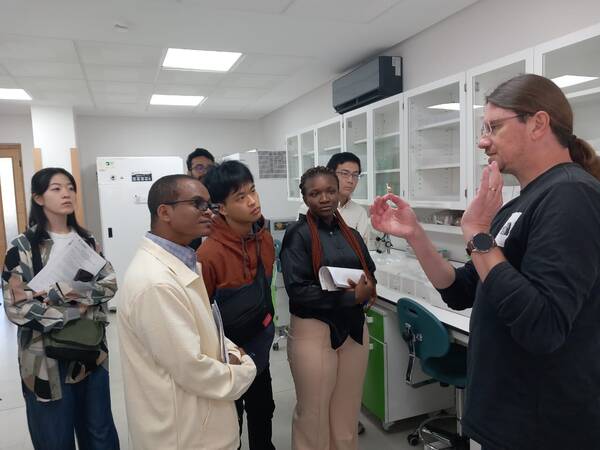
During their visit, the students toured the platform’s state-of-the-art laboratories and research facilities, focusing on various fields such as genetics and crop improvement. They explored research on developing and promoting drought-resistant crop varieties to strengthen food security, and examined ICARDA's innovative water management techniques, including advanced irrigation systems and water conservation methods designed to optimize water use.
The students also observed soil management practices like soil conservation and fertility management, which are aimed at enhancing resilience to climate change by promoting and deploying sustainable agriculture. Additionally, the students explored crop management strategies tailored to the region’s climatic conditions, emphasizing productivity and sustainability.
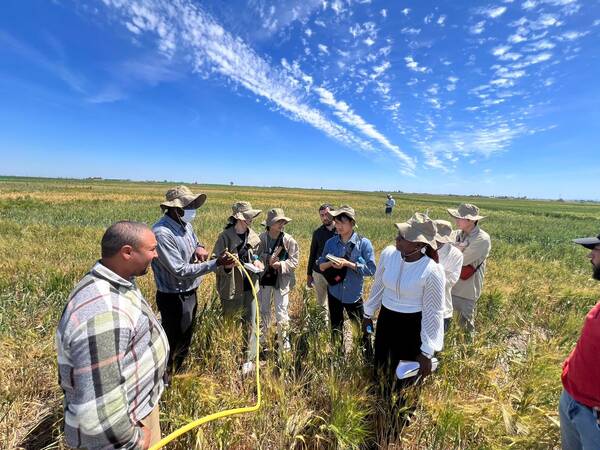
The exchange program facilitates productive knowledge exchange between students, ICARDA researchers, and local farmers, allowing students to understand the challenges faced by farmers in dryland regions, so they can develop targeted agri-innovations in the face of accelerating climate change. The program also allows them to learn about the value of traditional farming practices and how ICARDA incorporates this valuable knowledge into innovative farming techniques. Students can also discuss firsthand with farmers, the impacts of climate change on agriculture as well as the adaptive measures that ICARDA’s science offers.
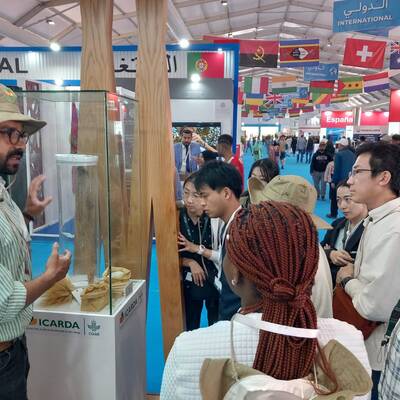
Additional interactions with agricultural experts, policymakers, and representatives from agricultural organizations provided a broader perspective on the agricultural sector's role in economic development and food security.
A highlight of the visit was attending the International Agricultural Exhibition in Morocco (SIAM Expo) held in Meknes, where students discovered global cutting edge agricultural innovations and technologies from Morocco, Africa, and Europe. They also explored a diverse range of agricultural products and practices showcased by exhibitors from various countries, and networked with professionals and experts in the field of agriculture.
The Overseas Practice Exercise provides Tottori University students with a holistic view of dryland agriculture and broadens their academic and practical knowledge. At ICARDA, we believe in investing in the next-generation and passing on knowledge and expertise to empower youth to contribute to agricultural innovation and promote sustainability in an intensifying changing climate.

